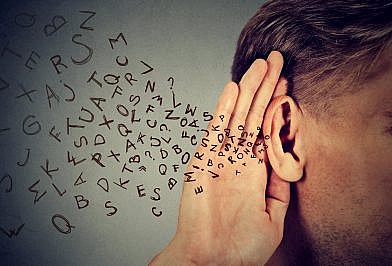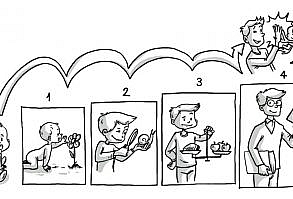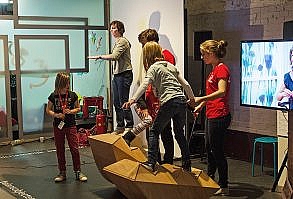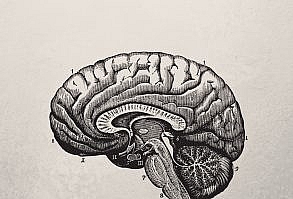To explore the beginnings of human language, we must first define the real question. The question is not how languages evolved over time to become the languages of the world today. It is instead how the human species evolved over time such that humans, instead of our closest friends, the chimps and some others, became capable of utilizing language.
What a fantastic advancement! Human language is unlike any other natural communication mechanism. Human language has the ability to express ideas on an infinite number of themes (meteorology, daily routines, past experiences, the future plans, linguistics, cheating, science fiction, how to catch fish…). It may be used to not only deliver information, but also to collect information and provide directions. It includes sentiment for effective conversation unlike any other animal communication system.
All the languages generated by people or community have a vocabulary of thousands of words that are composed of many speech sounds. Speakers may construct an infinite number of utterances from these words and a tiny collection of affixation, and semantics is created from the meanings of individual words. What’s more astonishing is that every newborn baby learns the entire system by seeing others.
Animals, on the other hand, often contain limited unique utterances and only utilized to express urgent concerns such as when they feel hungry, or protect themselves. A number of meanings provided by chimp language have correspondences in human created body languages. However, it was seen that animals cannot copy human languge like newborn babies. So, it could be said that human beings created unique language system and they were born to learn and use this complex system.
The question is how the unique characteristics of human language emerge? I believe it is not the case that a group of cavemen gathering around the fire and aggreeing to invent a language because they needed to have a language in order to invent one. Some would say that they begin by crying, hunting, or grumbling and later this evolved into a complex system we use today. It is hard to answer these questions as the evoluation of language could not be deeply investigated like ancienct structures or dead bodies. The controversial issue has been explored by linguists and psychologist from different perspectives.
Although language is seen a symbolic system to get in touch with the environment, it is also the mirror of our thoughts. It is the output of our cognitive exercises. There are some unique words in English, German or other languages. They cannot be translated to other language without meaning loss. These words are actually the expression of different cultures, ideas, and thinking. It is not possible that these words can exist without this background. So the words are the reflection of people’s thinking which is influenced by the culture, gender, community, geography etc. Language enhances thinking to grow, spread and develop but thinking without language is a collection of inborn instincts including body language.
To sum up, I believe language is intertwined with thought. Although language is somewhat limited to expressing what we believe, think and mean, the underlying and existing concepts in langauge is an outcome of our rich cognitive world.
Please feel free to contact me if you need any further information.




